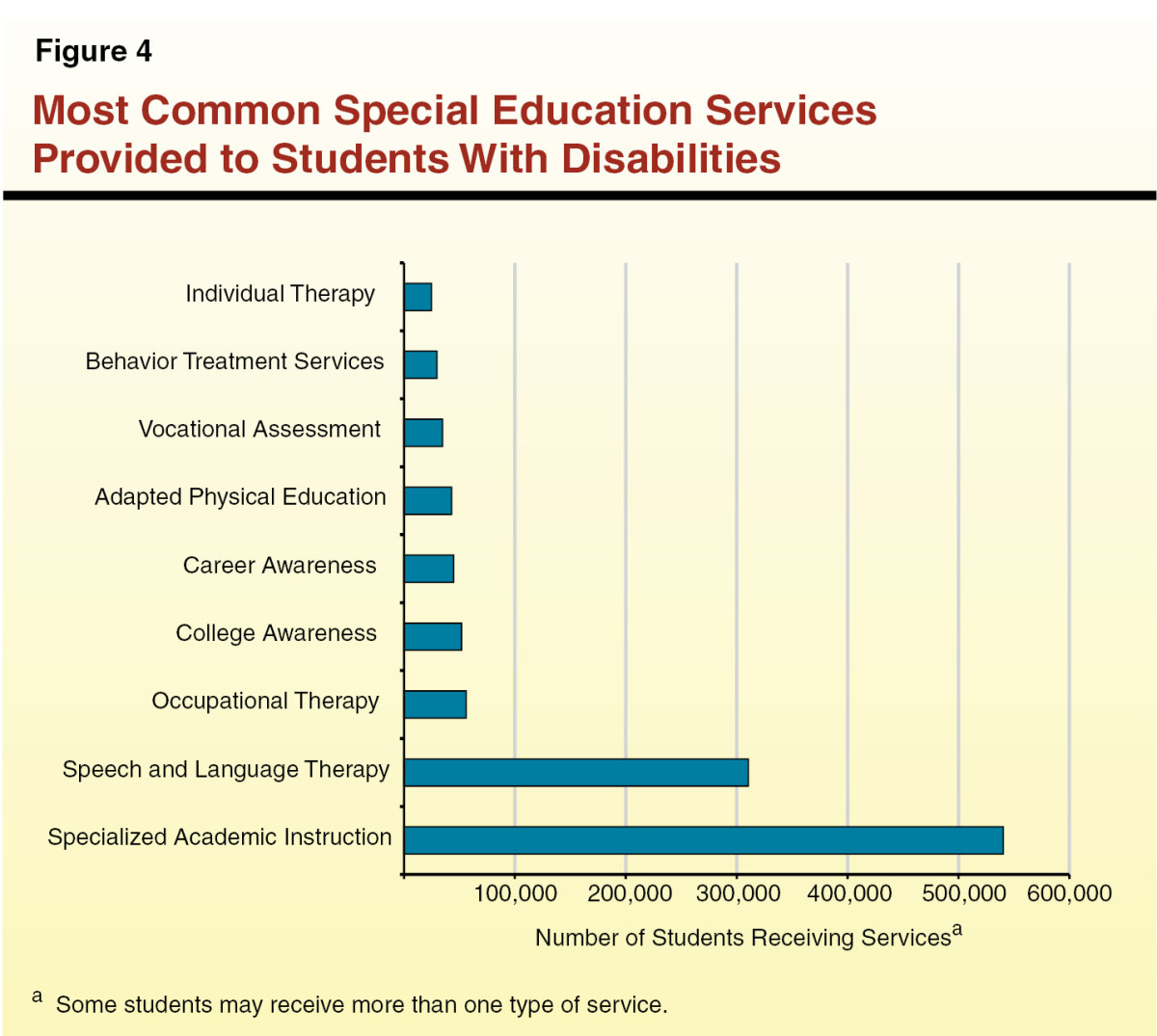Get to know IELTS Exam for A Perfect Band
I have been studying English for many years. I know it is not too easy, but it is not too difficult either. Learning English is like a learning anything else. It takes time and you have to be persistent. Unfortunately many people cannot be patient until they can achieve success. It is important to know that it is not all about how difficult English is but it is how you think about it.....
If you think you can have good English skills, you can be because “as a man thinks, he is”....
I want to share my experience when I went to take IELTS test at a English test centre in Vancouver two weeks ago. I think people will benefit from my IELTS experience before deciding to take this test.
What is IELTS?
The word IELTS stand for " International English language testing system".
Test Administration
IELTS is tests are administered at centres throughout the world there are more than 500 centres, in over 125 countries. A full list of centres is available on the IELTS website www.ielts.org
IELTS is available up to four times in a month. Please contact the relevant centre for exact test dates. Results will be produced 13 days after the test.
The candidate will only receive one copy of their test result and replacement copies will not be provided. Additional copies can be sent directly to receiving organisations and institutions by the test centres. Registered organisations can receive test results electronically through the E Downloads service.
There are no restrictions on candidates re-taking the test.
Academic and General Training
IELTS is available in two formats –Academic and General Training.
The Academic Module assesses whether a candidate is ready to study or train in the medium of English at an undergraduate or postgraduate level. Admission to undergraduate and postgraduate courses should be based on the results of this module.
The General Training Module emphasises language skills in broad social and workplace contests. It is suitable for candidates who are going to migrate to an English-speaking country, for example, to Australia, Canada, New Zealand or the UK. It is also suitable for candidates planning to undertake work experience or training programmes not at degree level, or to complete their designed to test the full range of formal language skills required for academic purposes.
If in doubt about which module to take, contact the organisation to which you are applying for their requirements.
IELTS LISTENING PRACTICE BOOKS
Listening
Time: approximately 30 minutes
Candidates listen to a number of recorded texts, which increase in difficulty as the test progresses. These include a mixture of monologues and conversations and feature a vairety of English accents.
The recording is heard only once, but candidates are given time to read the questions and write down their answers.
Reading
Time: 60 minutes
Academic Reading
There are three reading passages with taskes. Texts are taken from books, magazines, journals and newspapers, all written for a non-specialist audience. At least one of the texts contains a detailed argument.
General Training Reading
The texts are based on the type of material candidates would be expected to encounter on a daily basis in an English-speaking country. They are taken from sources such as newspapers, advertisements, instruction manuals and books, and test the candidate’s ability to understand and use information. The test includes one longer text, which is descriptive rether than argumentative.
Writing
Time: 60 minutes
Academic Writing
The first task requires candidates to write a description of at least 150 words. This is based on material found in a chart, table, graph or diagram and should demonstrate their ability to present information and to summarise the main features of the input.
For the secound task, candidates write a short essay of at least 250 words in response to a statement or question. They are expected to demonstrate an ability to present a position, construct an argument and discuss abstract issues.
General Training Writing
The first task requires candidates to write a letter of at least 150 words either asking for information, or explaining a situation.
For the second task, candidates write a shourt essay of at least 250 words in response to a statement or question. They are expected to demonstrate an ability to present a position, construct an argument and discuss issues.
Speaking
Time: 11-14 minutes
The test takes the form of a face-to-face interview. Candidates are assessed ib their use of spoken English to short quesiton, to speak at length on a familiar topic, and also interact with the examiner.
There are three parts:
Part 1
The candidate and the examiner introduce themselves. Candidates then answer general questions about themselves, their home/family, their job/studies, their interests and a wide range of similar familiar topic areas. This part lasts between four and five minutes.
Part 2
The candidate is given a task ard with prompts and is asked to talk on a particular topic. The candidate has one minute to prepare and they can make some notes if they wish, before speaking for between one and two minutes. The examiner then asks one or two rounding-off questions.
Part 3
The examiner and the candidate engage in a discussion of more abstract issues which are thematically linked to the topic prompt in Part 2. The discussion lasts between four and five minutes.
The speaking module asesses whether candidates can communicate effectively in English. The assessment takes into account Fluency and Coherence, Lexical Resource, Grammatical Range and Accuracy, and Pronunciation. More information on assesssing the Speaking module, including Speaking Band Descriptors (public version), is available on the IELTS website.
Test Format
The tests are designed to cover the full reange of ability from non-user to expert user. The first three test-Listening, Reading and Writing-must be completed in one day. No break is given between the three tests. The Speaking test may be taken, at the discretion of the test centre, in the period seven days before or after the other three tests.
HOW IS IELTS SCORED?
IELTS results are reported on a nine-band scale. In addition to the score for overall language ability, IELTS provides a score in the form of a profile for each of the four skills (Listening, Reading, Writing and Speaking). These scores are also reported on a nine-band scale. All scores are recoreded on the Test Report Form along with details of the candidate's nationality, first language and date of birth. Each Overall Band Score corresponds to a descriptive statement which gives a summary of the English language ability of a candidate classified at that level. The nine bands and their descriptive statements are as follows:
9 Expert User - Has fully operational command of the language: appropriate, accurate and fluent with complete understanding.
8 Very good User - Has fully operational command of the language with only occasional unsystematic inaccuracies and inappropriacies. Misunderstandings may occur in unfamiliar situations. Handles complex detailed argumentation well.
7 Good User - Has operational command of the language, though with occasional inaccuracies, inappropriacies and misunderstandings in some situations. Generally handles complex language well and understands detailed reasoning.
6 Competent User - Has generally effective command of the language despite some inaccuracies, inappropriacies and misunderstandings. Can use and understand fairly complex langugae, particularly in familiar situations.
5 Modest User - Has partial command of the language, coping with overall meaning in most situations, though is likely to make many mistakes. Should be able to handle basiccommunication in own field.
4 Limited User - Basic compeptence is limited to familiar situations. Has frequent problems in understanding and expression. Is not able to use complex language.
3 Extremely Limited User - Conveys and understands only general meaning in very familiar situations. Frequent breakdowns in communication occur.
2 Intermittent User - No real communication is possible except for the most basic information using isolated words or short formulae in familiar situations and to meeet inmmediate nees. Has great difficulty understanding spoken and written English.
1 Non User - Essentially has no ability to use the language beyond possibly a few isolated words.
0 Did not attempt the test. - No assessable information.
Most universities and colleges in the United Kingdom, Australia, New Zealand and Canada accept an IELTS Overall Band Score of 6.0 or 6.5 for entry to academic programmes. IELTS scores are increasingly being recognised by universities in the USA.









